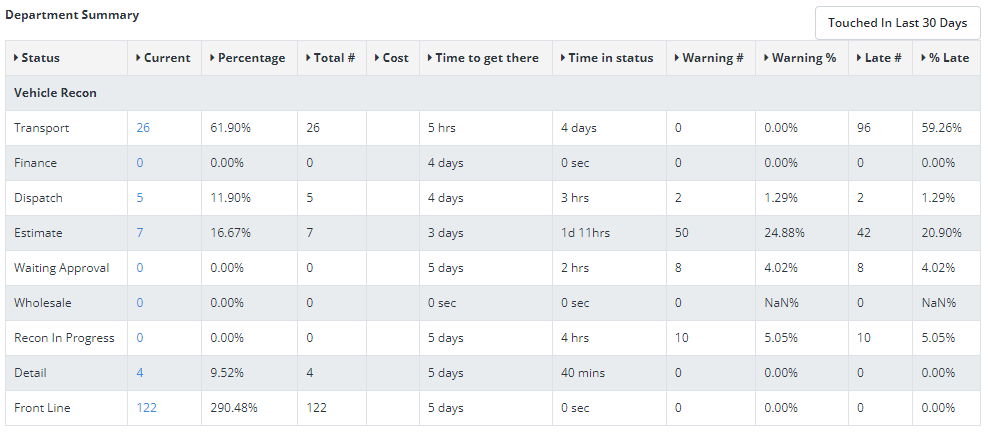Data is the foundation upon which knowledge is built. It provides objective information, statistics, and evidence that support or challenge various viewpoints. Without access to reliable data, opinions are mere conjectures, often based on personal biases, emotions, or limited experiences. By incorporating data, opinions gain substance, credibility, and the potential to drive meaningful discussions.
Data brings accuracy and validity to opinions by grounding them in empirical evidence. It provides a factual basis for discussions, ensuring that statements are not merely conjecture or hearsay. When supported by data, opinions become more reliable and can withstand scrutiny. Data-driven opinions are backed by research, surveys, studies, and other forms of empirical evidence, making them more likely to be accurate representations of reality.
Data is instrumental in making informed decisions. Whether in personal life or professional settings, data enables individuals to evaluate different options, assess risks, and anticipate outcomes. By considering relevant data, decisions can be guided by objective analysis rather than subjective biases. Data provides insights into patterns, trends, and correlations, enabling individuals to make informed choices based on evidence, rather than relying on gut feelings or unsupported claims.
Data has the power to challenge assumptions and biases. Personal opinions are often influenced by preconceived notions, cultural conditioning, or anecdotal experiences. Data allows us to question these assumptions and uncover the truth. It enables individuals to explore alternative perspectives and confront their own biases. By relying on data, individuals can embrace a more open-minded approach, acknowledging that personal opinions are subject to change in light of new information.
Data-backed opinions are more likely to be taken seriously and have a broader impact. When opinions are based on factual evidence, they carry more weight and are perceived as credible. Decision-makers, experts, and influencers often rely on data to support their arguments, as it enhances their credibility and strengthens their position. By incorporating data into their arguments, individuals can persuade others, influence public discourse, and drive positive change.
Data promotes constructive dialogue by encouraging evidence-based discussions. When discussions are rooted in data, they move beyond subjective perspectives and focus on objective facts. This facilitates more productive conversations, where ideas are exchanged, assumptions are challenged, and consensus can be reached. Data-driven dialogue fosters critical thinking, encourages a deeper understanding of complex issues, and paves the way for collaborative problem-solving.
Without data, opinions remain unsubstantiated and vulnerable to personal biases and limited perspectives. By incorporating data into our arguments, we elevate our opinions, enhance their credibility, and contribute to meaningful discussions. In a world where information is readily available, embracing data-driven opinions is essential for making informed decisions, challenging assumptions, and fostering constructive dialogue. Remember, without data, you are just another guy with an opinion.
Start having Data Driven Conversations Today
Sign Up Today



